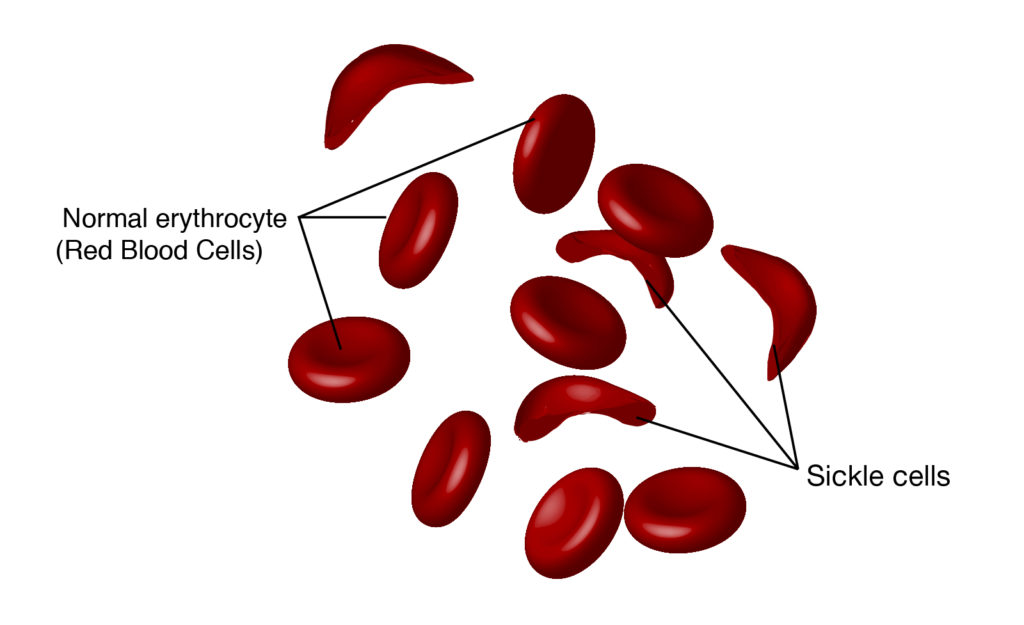Blaming police murders on genetics

Lamont Perry was almost certainly killed by the police:
Accused of violating probation in a misdemeanor assault case, Mr. Perry was chased by parole and local police officers through the dark into a stand of trees, where only they could witness what happened next.
He had swelling of the brain, and a forensic investigator reported that he had an open fracture of his right leg. He was covered in dirt, and residents of a nearby housing complex told his family that when the officers emerged from the woods, their shoes and the bottoms of their pants were spattered in blood.
The state medical examiner attributed his death to…a benign sickle cell trait. A cover-up method that is remarkably common:
Mr. Perry’s case underscores how willing some American pathologists have been to rule in-custody deaths of Black people accidents or natural occurrences caused by sickle cell trait, which is carried by one in 13 Black Americans and is almost always benign. Those with the trait have only one of the two genes required for full-blown sickle cell disease, a painful and sometimes life-threatening condition that can deform red blood cells into crescent shapes that stick together and block blood flow.
As recently as August, lawyers for Derek Chauvin, the Minneapolis police officer convicted last month of murdering George Floyd, invoked sickle cell trait in an unsuccessful motion to dismiss the case against him, saying that the condition, along with other health problems and drug use, was the reason Mr. Floyd had died.
The New York Times has found at least 46 other instances over the past 25 years in which medical examiners, law enforcement officials or defenders of accused officers pointed to the trait as a cause or major factor in deaths of Black people in custody. Fifteen such deaths have occurred since 2015.
In roughly two-thirds of the cases, the person who died had been forcefully restrained by the authorities, pepper-sprayed or shocked with stun guns. Scattered across 22 states and Puerto Rico, in big cities and small towns, the determinations on sickle cell trait often created enough doubt for officers to avert criminal or civil penalties, The Times found.
The past isn’t even past.


